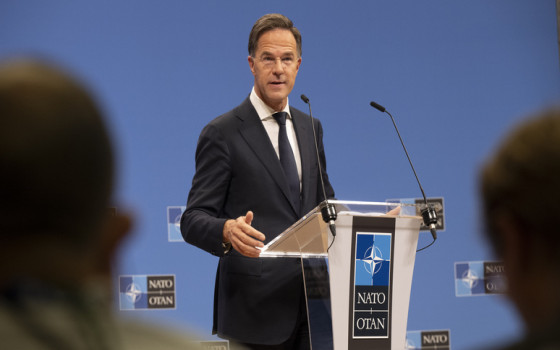
NATO Defense Ministers Meeting: Strengthening deterrence and defense is the top priority, continuing to support Ukraine, and continuing the mission of enhancing security and stability outside the Alliance’s borders in Kosovo and Iraq

- Europe and Arabs
- Saturday , 19 October 2024 12:48 PM GMT
Brussels: Europe and the Arabs
NATO Secretary General Mark Rutte confirmed at the conclusion of the meetings held by NATO Defense Ministers and close partners. Strengthening deterrence and defence is the top priority of this alliance. “Because keeping our billions of people safe is NATO’s most sacred duty. That’s why we are strengthening our defence industrial capacity. Strengthening our supply chains. Investing in new defence capabilities and harnessing new technologies. We are building new ships, combat vehicles and jets. We are producing more ammunition and artillery. But with supply chains increasingly vulnerable, we must become more self-sufficient. So that we remain ready and able to respond to threats in all domains and at all times,” he said. Allied defence ministers agreed on a new NATO standardisation initiative. Standards are essential to our ability to fight together, and stronger standards will help reduce defence costs. “As part of this initiative, we will accelerate the development of NATO standards, enhance their implementation, and expand their scope to include new innovative military capabilities.” “We must harness our unique ability to work together, all 32 of us, because that is what gives our Alliance strength beyond The sum of its parts. We will have more to say on this at the defense ministers' meeting in February. According to a statement issued by NATO headquarters in Brussels, Rutte said at the closing press conference of the two-day meetings that ended on Friday: “Allies agreed that air and missile defense remains a priority for the Alliance. This is especially important in light of Russia’s war against Ukraine, which has resulted in multiple violations of NATO airspace.
Including the recent incident in Romania. Let me express NATO’s solidarity with Romania and also commend the Romanian authorities and SACEUR for their rapid and effective response to this incident.
We will continue to increase surveillance, exchange information, and coordinate individual and collective responses. We have also recently significantly increased our presence on NATO’s eastern flank and strengthened NATO’s air surveillance mission.
Allies plan to acquire thousands of air defense systems and artillery and hundreds of modern fighter aircraft, most of them fifth-generation F-35s.
Allies buy 1,000 Patriot missiles to replenish their stockpiles
Earlier this month, air, naval and land forces from 12 Allied nations met in Greece to exercise Advanced high-level air defence tactics as part of NATO’s new Ramstein Flag 24 exercise.
The new Aegis Ashore missile defence base in Poland strengthens our ability to defend against the growing global ballistic missile threat. Russia remains the most significant and immediate threat to Allied security.
Putin is increasingly irresponsible in his rhetoric. Moscow may be loud but NATO is strong. In a more uncertain world, it is vital that we continue to modernise our capabilities, and exercise together to maintain the strength of our conventional and nuclear forces.
On Monday alone, NATO’s annual nuclear exercise “Steady Noon” began, with more than 60 aircraft taking part in training flights. These are routine, recurring exercises, far from Russia’s borders and do not involve live weapons.
The primary purpose of NATO’s nuclear capability is to maintain peace, prevent coercion and deter aggression. At the meeting, we also discussed NATO operations in the Western Balkans and Iraq.
In Kosovo, Allies continue to work together to ensure that the Kosovo mission has the forces and resources it needs to maintain a safe and secure environment for all.
In the Middle East, NATO’s mission in Iraq continues to contribute significantly to stability. To ensure that Iraqi security forces are able to fight terrorist groups and provide a secure environment for the Iraqi economy and society to flourish. NATO is also deepening its political dialogue with Iraq. Because we have a shared interest in a stable, secure and prosperous Middle East. Addressing the ministers at the meeting, Rutte said: “We are, of course, moving forward with the historic decisions taken by NATO leaders at the Washington Summit to strengthen our deterrence and defence, and to invest in the right forces and capabilities to meet the challenges we face.
We are strengthening defence industrial capacity and production across the Alliance, while protecting vital supply chains.
We are significantly stepping up our support to Ukraine so that it can, first, defend against Russian aggression today, and, second, deter Russian threats in the future.
And we continue to strengthen stability and security beyond our borders, including through NATO missions and operations, from Kosovo Force to NATO Mission Iraq.


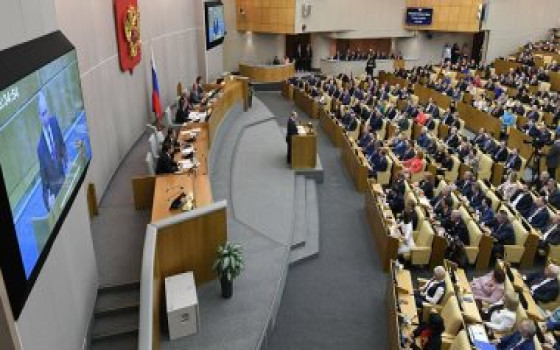
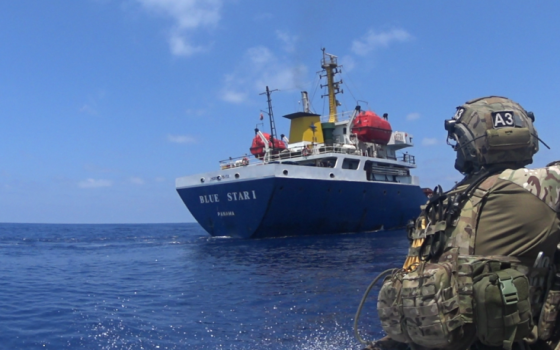
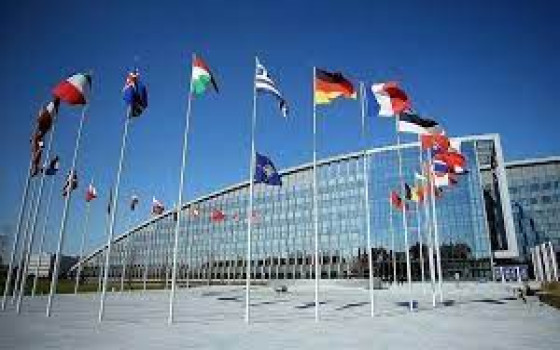
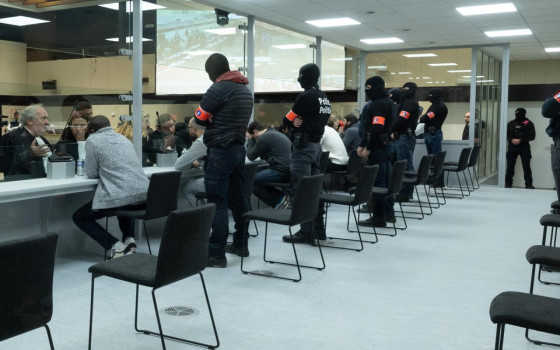
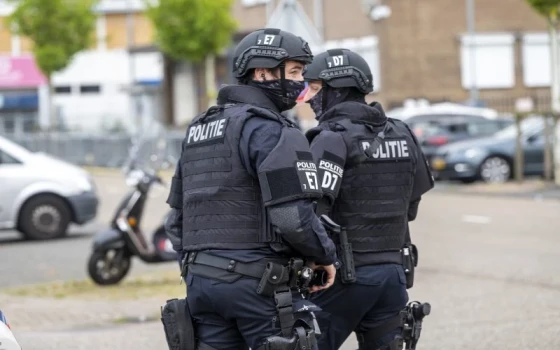
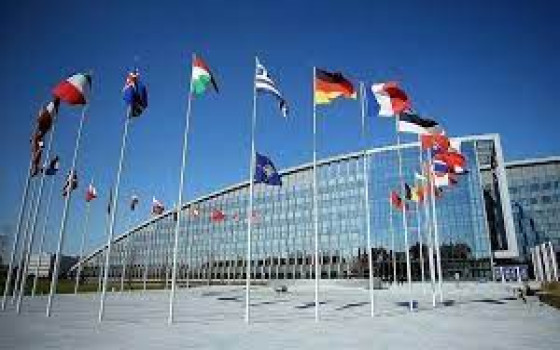
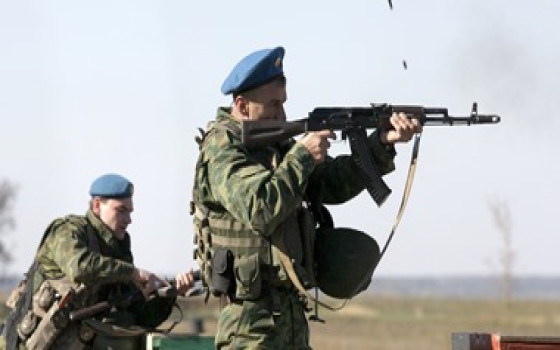
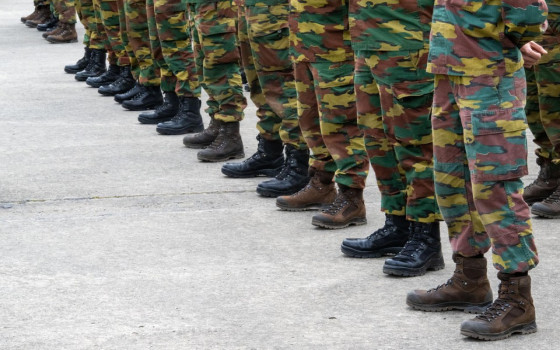

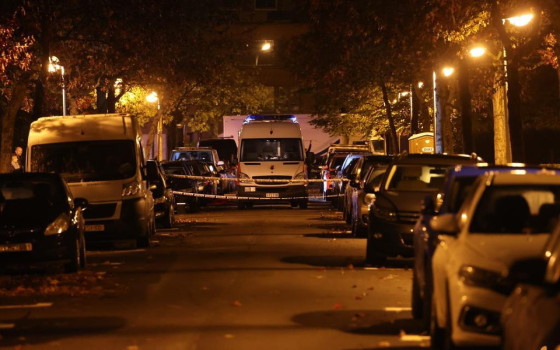
No Comments Found